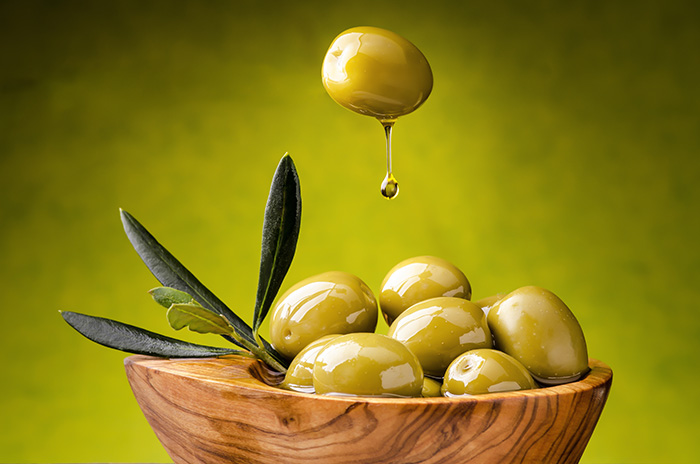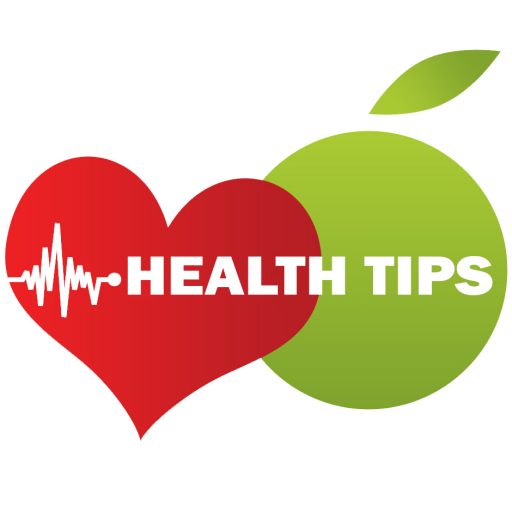10 Proven Health Benefits of olive

10 Proven Health Benefits of olive that you need know. Moreover, the olive contains properties beneficial for prevent and fight various diseases. Did you know that olive oil was popularly called ‘liquid gold’ in the ancient world? If you are a culinary expert or are hooked to cooking shows, you must be familiar with olive oil. Most chefs today recommend its use.
But did you know that this ingredient can be used to improve your skin health too? There’s more to olive oil than just being a special kitchen ingredient.

The benefits of olive oil are many. Weight loss, blood sugar, blood pressure, cholesterol, cancer, arthritis — name it, and olive oil has a cure for it. Let me introduce you to the wonderful world of olive oil. Are you ready?
Olive oil is extracted from the olive fruit. From ruling our kitchens to taking over the cosmetic world, olive oil has become a rage all over the world in recent times. When you go shopping, a good variety of olive oils catch your attention. If you are wondering what they are all about, the next few minutes will give you an insight into that. Then, check the benefits of olive for health:
Aid Digestion: Olives are a healthy source of fiber, supplying almost 20% of the daily requirements for fiber in a single cup. High fiber content ensures a proper functioning of your digestive system. It stimulates peristaltic motion in the intestines, ensuring smooth bowel movements. Fiber also makes you feel full, so ghrelin, the hunger hormone, doesn’t get released, and therefore, overeating can be controlled. Not only can fiber increase your digestive and gastrointestinal health, it can also help you lose weight. Fiber also boosts heart health by working to eliminate excess cholesterol in the blood.
They protect against colon, breast and skin cancer: Olives and olive oil contain an abundance of phenolic antioxidants as well as the anti-cancer compounds squalene and terpenoid. They also contain high levels of the monounsaturated fatty acid, oleic acid, which reduces excessive inflammation.
Olive is good for your heart: Olive oil contains biophenols, which suppress the oxidization of LDL (or “bad cholesterol”) which has been shown to play a role in the development of cardiovascular disease. High levels of LDL in the blood amplify oxidative stress which hardens the arterial walls (called atherosclerosis). The biophenols in olives reduce blood pressure, therefore reducing the development of arterial plaque as well.
They work to reduce pain: Olives contain a compound called oleocanthal that has strong anti-inflammatory properties, mimicking the action of ibuprofen. olive oil naturally reduces the pain of chronic inflammatory diseases such as arthritis and can be added to a daily diet to aid in pain reduction.
Olives and olive may protect against ulcers: The antimicrobial properties in olives and olive oil may help to combat the bacteria responsible for causing stomach ulcers. Studies have shown their high levels of polyphenols protect against eight strains of ulcer-causing bacteria, three of which are resistant to some antibiotics.
Eating olives will help to boost your iron intake: Olives contain a substantial amount of iron, a key factor in the formation of hemoglobin, the protein that carries oxygen throughout the body via the bloodstream. Iron also helps to build the enzymes responsible for regulating immune function and cognitive development.
Get to know what olive really tastes like: Often light olive oil doesn’t meet the standards of real extra virgin olive oil. Real extra virgin has a peppery and fruity taste. If you can’t taste the olives, you may have deodorized, cheap oil that could be soy or canola with some green colour added. The real deal is more expensive but worth the health benefits.
Buy oil packed in dark Glass: The real stuff degrades in heat and light, so avoid the clear plastic bottles that could be leaching plastic into your next meal!
Eye Health: One cup of olives contains ten percent of the daily recommended allowance of vitamin A which, when converted into the retinal form, is crucial for healthy eyes. It enables the eye to better distinguish between light and dark, thereby improving night vision. Furthermore, Vitamin A is believed effective against cataracts, macular degeneration, glaucoma and other age-related ocular diseases.
